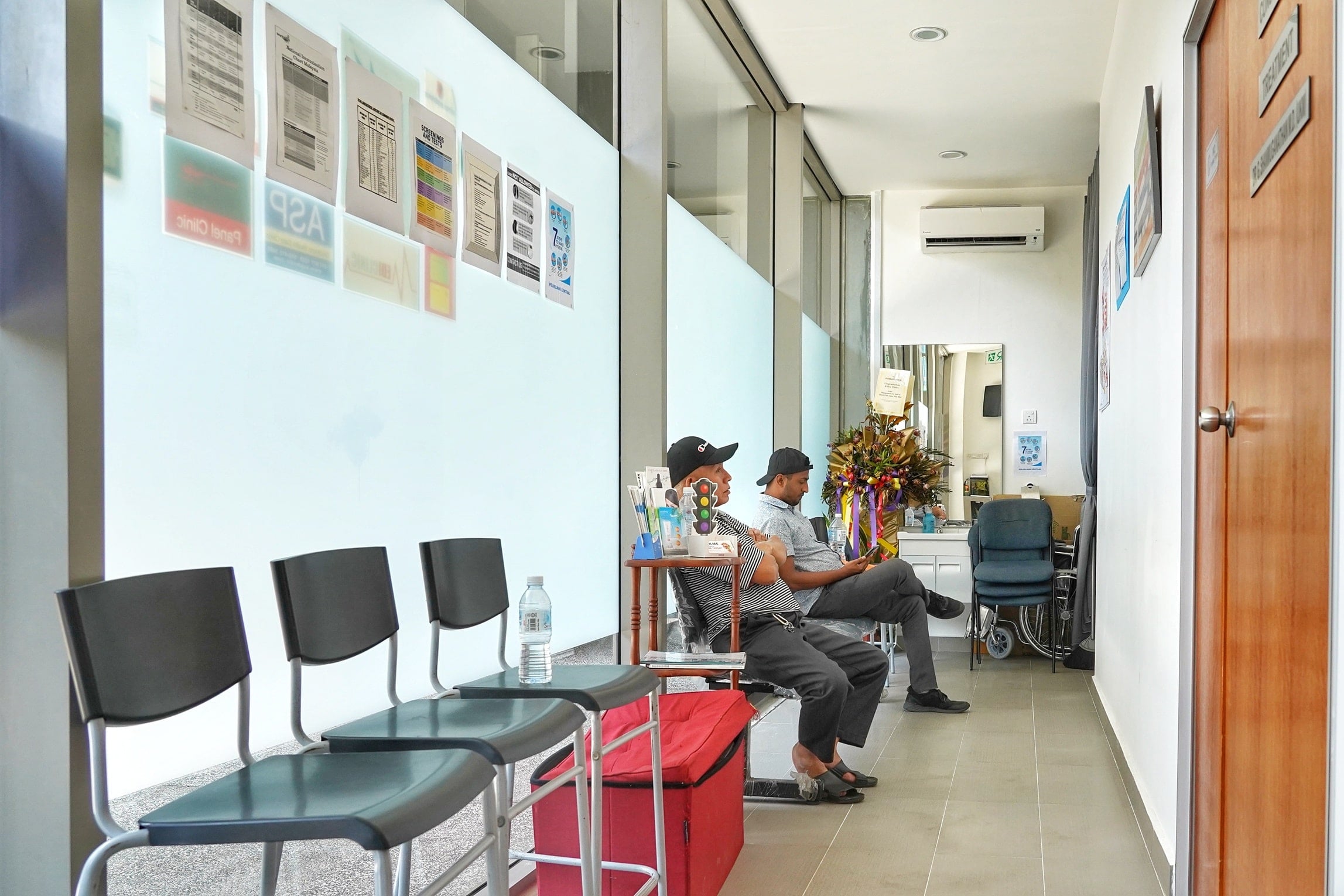MCO, TPA, HMO — these abbreviations are not commonly known by the general public, but will be familiar to employees who have been to a private GP (general practitioner) clinic.
For those who are privileged to get free outpatient health care from their employers, they will be familiar with the term ‘panel clinic’. So how do the panel clinics work, and who pays them?
The ultimate payor is, of course, the ever-responsible employer. But what happens in between? How does it work? How does this particular industry make profit? Who regulates them?
For a person who is employed by a company which provides free outpatient health care, he is given a card, or will use a certain app to manage his outpatient clinic visits. When he visits a clinic, he registers with the clinic by presenting his panel card or use an in-house app to log his visit.
After the visit, the clinic will submit the incurred charges, including the consultation fee, required procedures or investigations, and dispensed medications to the MCO/TPA/HMO. The MCO/TPA/HMO will process the claims once it deems that the charges are appropriate and authentic, and will make the payment at the end of the agreed-upon credit term.
Such is the standard operating process of panel clinic outpatient claims.
In this scenario, the patient and employer are the clients, the TPA is the vendor, and the clinic is the service provider. In a conventional business relationship, the vendors profit from the clients and pay a fee to their service providers for the services rendered.
This is however not the case in the private primary health care industry. In this industry, some TPAs/MCOs/HMOs will charge a fee for registering their service provider into their panel of clinics to provide a service to their clients, and will then charges an additional fixed percentage of fees from the clinic’s claims.
To make things worse, some of these third-party administrators will interfere with the clinical management and judgement of the GPs by rejecting claims and certain types of medications which have been deemed necessary for their patients.
Certain procedures and investigations are limited and unclaimable, and medical certificates can also be brought into question.
Why is this happening? Although both the visiting patients and the employers are the clients for these vendors, the ultimate clients are, of course, the ones paying for it — the employers.
In order to please their paymasters, the MCOs will, at the request of their clients, keep sick leave days at a certain limit, restrict costs per visit to a certain price range, etc.
The MCOs will then put pressure on their service providers (the GP clinics) by setting a lower consultation fee, price capping of medications, limit procedures and investigations to be done in the clinic, enforce strict MC (medical certificate) issuance, and others.
To accommodate the lower per-visit claims, some clinics will resort to using the lowest possible price medicines or avoid clinical investigations. Some panel patients are also flagged for a ‘strict MC’ policy by the MCO, thus giving doctors extra consideration on fit-for-work states of patients.
The outcome will be compromised quality of health care to satisfy the middlemen and the paymasters, and sub-par treatment for the patients.
Bank Negara Malaysia, being a regulating authority, has limited or even no knowledge of the medical field to effectively regulate the terms of clinical practice.
It is mind-boggling to imagine why TPA/ MCO/ HMOs, who are indulging in health care-related services, are placed under the purview of Bank Negara and not under a division of the Ministry of Health (MOH).
Isn’t it most appropriate for the MOH, who is in charge of regulating health care facilities, to monitor and ensure proper conduct of services and take charge of the task of regulating MCOs?
We urge the Prime Minister to look into this matter with urgency and appoint the right ministry to regulate businesses which are in the medical industry. This is to protect the rights of the public and ensure proper health care quality for the private sector.
Without the right regulatory body, the MCO businesses will be profit-oriented, with the patients’ rights left unattended.
Dr Chang Chee Seong is the president of PMPASKL (Private Medical Practitioners’ Association of Selangor and Kuala Lumpur).
- This is the personal opinion of the writer or publication and does not necessarily represent the views of CodeBlue.






